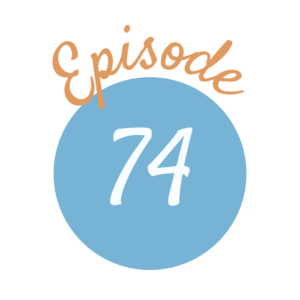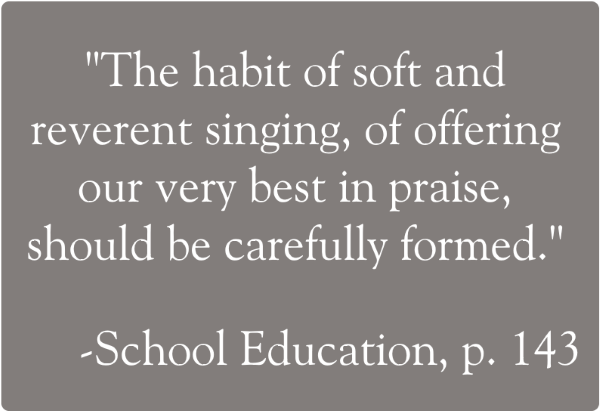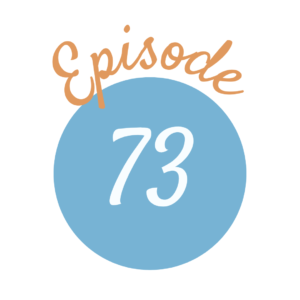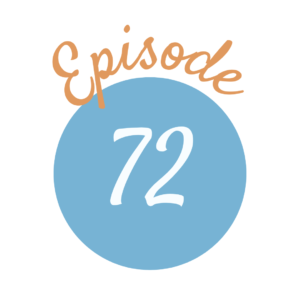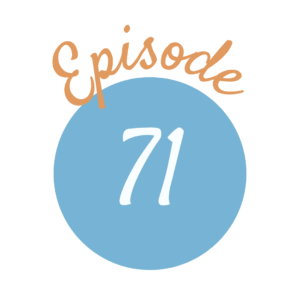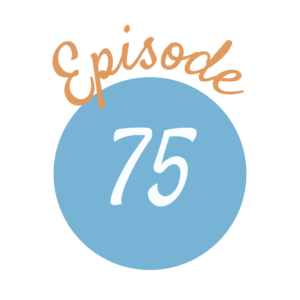
Listen Now:
“In this respect the Latin grammar is easier; a change in the form, the shape of the word, to denote case, is what a child can see with his bodily eye, and therefore is plainer to him than the abstract ideas of nominative and objective case as we have them in English.” (Vol. 1, p. 295)
“Latin is taught at the House of Education by means of narration after each section has been thoroughly studied in grammar, syntax and style. The literature studied increases in difficulty as the pupil advances in grammar, etc. Nothing but good Latin is ever narrated, so the pupil acquires style as well as structure. The substance of the passage is usually reproduced with the phraseology and style of the original and both students and children learn what is really Latin and realise that it is a language and not a mere grammar.” (Vol. 6, p. 213)
“You will see at a glance, with this Captain Idea of establishing relationships as a guide, the unwisdom of choosing or rejecting this or that subject, as being more or less useful or necessary in view of a child’s future. We decide, for example, that Tommy, who is eight, need not waste his time over the Latin Grammar. We intend him for commercial or scientific pursuits,––what good will it be to him? But we do not know how much we are shutting out from Tommy’s range of thought besides the Latin Grammar. He has to translate, for example,––’Pueri formosos equos vident.’ He is a ruminant animal, and has been told something about that strong Roman people whose speech is now brought before him. How their boys catch hold of him! How he gloats over their horses! The Latin Grammar is not mere words to Tommy, or rather Tommy knows, as we have forgotten, that the epithet ‘mere’ is the very last to apply to words. Of course it is only now and then that a notion catches the small boy, but when it does catch, it works wonders, and does more for his education than years of grind.” (Vol. 3, pp. 162-63)
If you would like to study along with us, here are some passages from The Home Education Series and other Parent’s Review articles that would be helpful for this episode’s topic. You may also read the series online here, or get the free Kindle version from Fisher Academy.
Home Education (Volume 1), Part V, Chapter XIX
An Essay Towards a Philosophy of Education (Volume 6), Chapter X, Section II: The Knowledge of Man: Languages
Michael Faraday, Sam and Beryl Epstein
(Contains affiliate links)
“Why Learn Greek and Latin?” by R.L. Leighton, Parents’ Review, volume 10, 1899, p. 104
“Out of the Mouths of Babes and Sucklings” Parents’ Review, volume 3, 1892/93, p. 247







